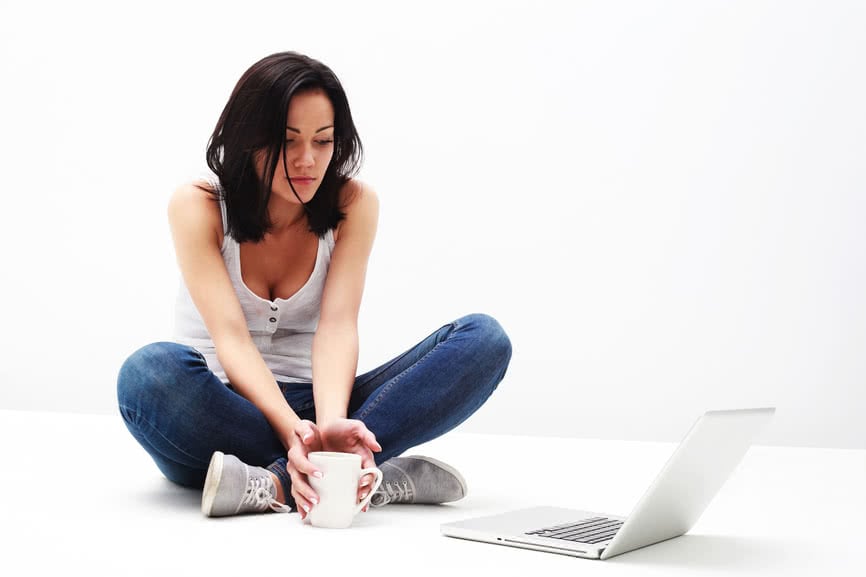Using Social Media to Feel Better: Two Secrets for Success

Using Social Media to Feel Better: Two Secrets For Success
When we need a pick-me-up these days, we’re using social media as a first step. But does it actually help us feel better? If we take the right approach, yes.
It’s inevitable that events or other people (or both) sometimes get us down. At times like these, we need reassurance that we’re okay – we need our friends to remind us about why we’re awesome. Even just a few years ago, we’d have picked up the phone to vent, be validated, and gain insights. Now, we default to social media. Whether Facebook or Twitter, Instagram or WhatsApp, we go to cyberspace to connect.
But using social media for a pick-me-up often doesn’t work the way we hope it will, and can make us feel worse. Because more often than not, social media users only display what’s going great – uploading their perfectly angled and light-adjusted, one-of-a-hundred-picks selfies. If we’re already down on ourselves, these precision-posed images flashed on our screens only make us feel worse because we’re slapped with that psychological phenomenon known as social comparison. It’s like being at a party crying our eyes out and not knowing why everyone else is still having a good time (and forgetting that the ones who aren’t having a good time didn’t show up). Our search for empathy often leads instead to an inferiority complex.
The New Yorker, Time, a popular blog by Sarah Tuttle-Singer, and a viral video by Shimi Cohen have all touched on these effects from social media.
Thankfully though, we have the power not to engage with social media’s negative effects on our self-image. In fact, social media can help us feel better if we take the reins and make it work for us.
Here are two secrets to using social media to feel better.
1) Go one-on-one. Even with hundreds of “friends”, in our time of need, we can easily feel like no one is there. So instead of just gazing at everyone else’s top-image life, write specifically to one person or to a select group of individually chosen people. Reach out by messaging them, telling them specifically that you need to talk things out. Being purposeful in your requests for connection means you’re owning your emotional state – a first step towards feeling better.
-OR-
2) Go to give. A classic component for curing common depression is volunteerism – it gets us out of focusing on ourselves, and reminds us of the problems other people face in the world. All told, helping others puts things in perspective. In addition, when we can help, even just by being reassuring, we feel good ourselves. It’s a win-win. So, wash over all those perfect images and instead, browse the social media feeds with the attitude that you’re there for others. See who might need support, and give it to them, even with just a few validating words.
The above two secrets to using social media share a commonality: Being proactive. By taking a step to reach out for individual help, or by giving help to others, we start to feel better as we take action. These two types of interactions are great models for helping you feel more confident, and connected, when using social media.
Looking for more help in understanding anxiety? Learn more about my book Hack Your Anxiety and access free tools to help you manage the fear and anxiety going around the world today.
